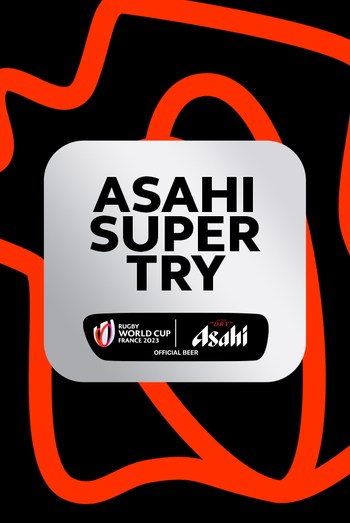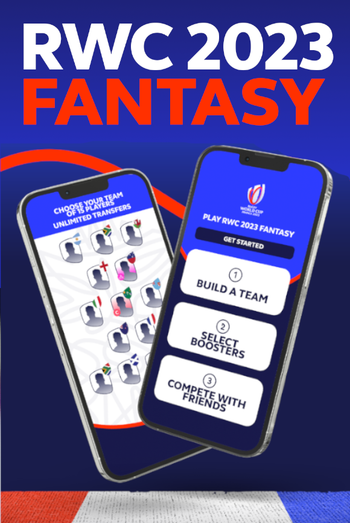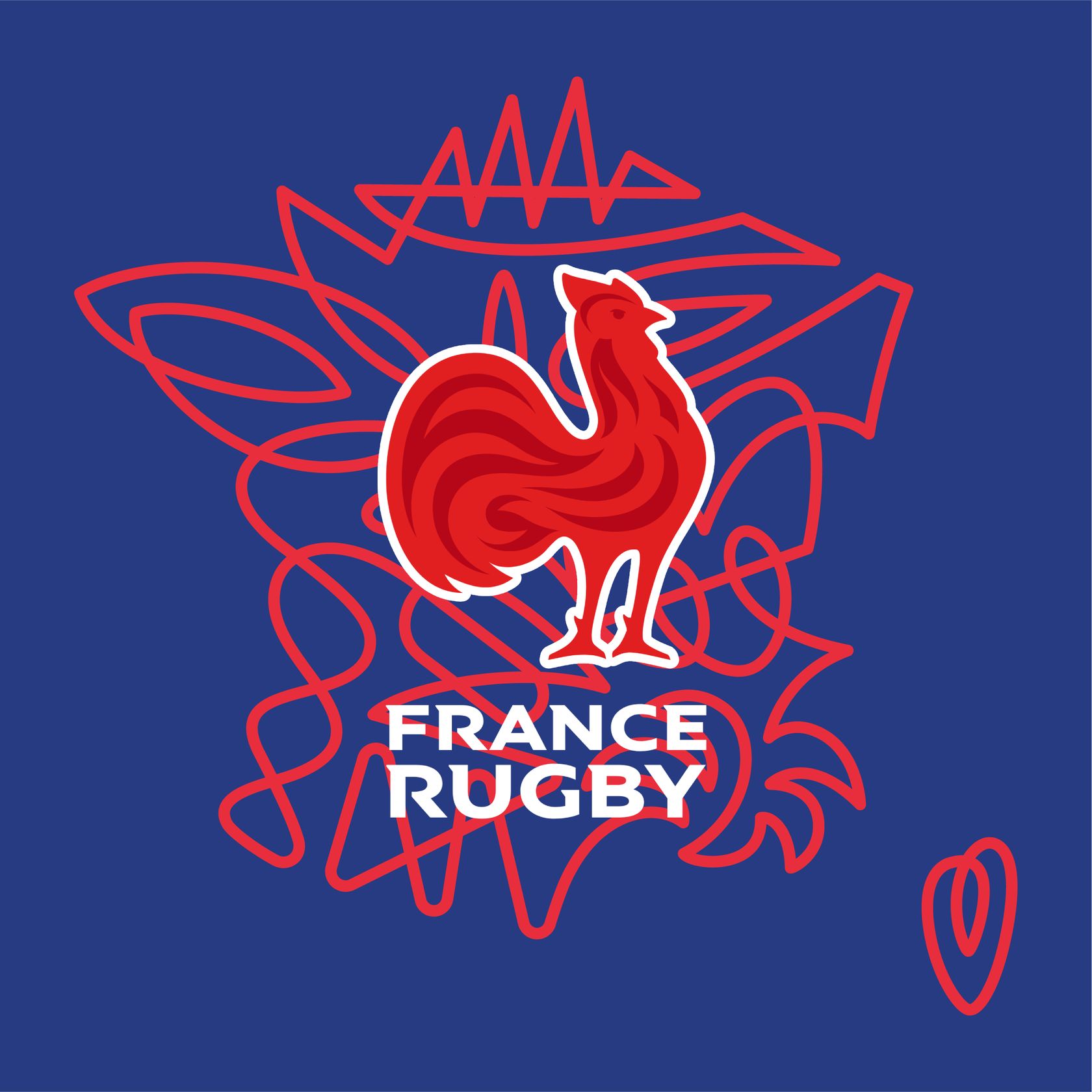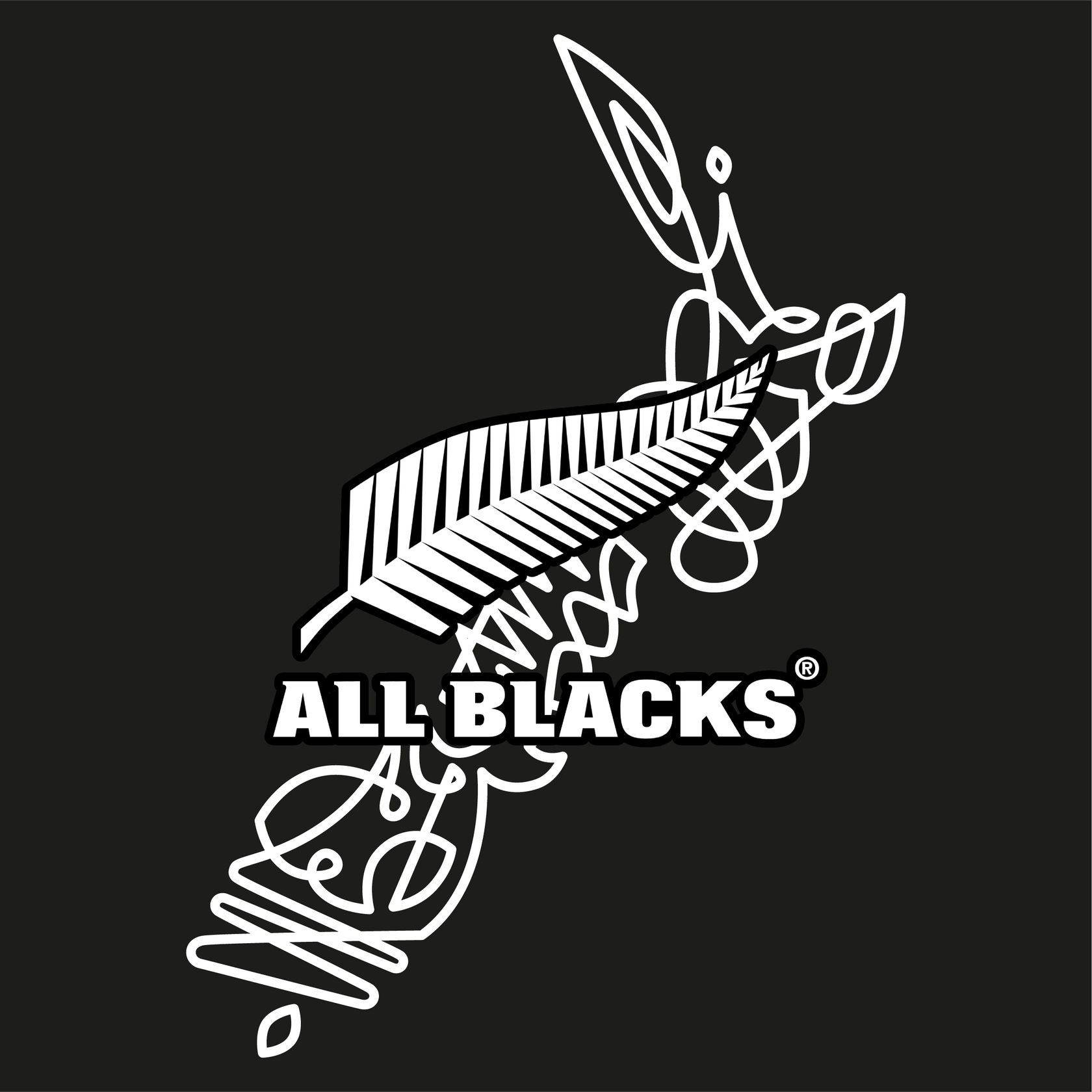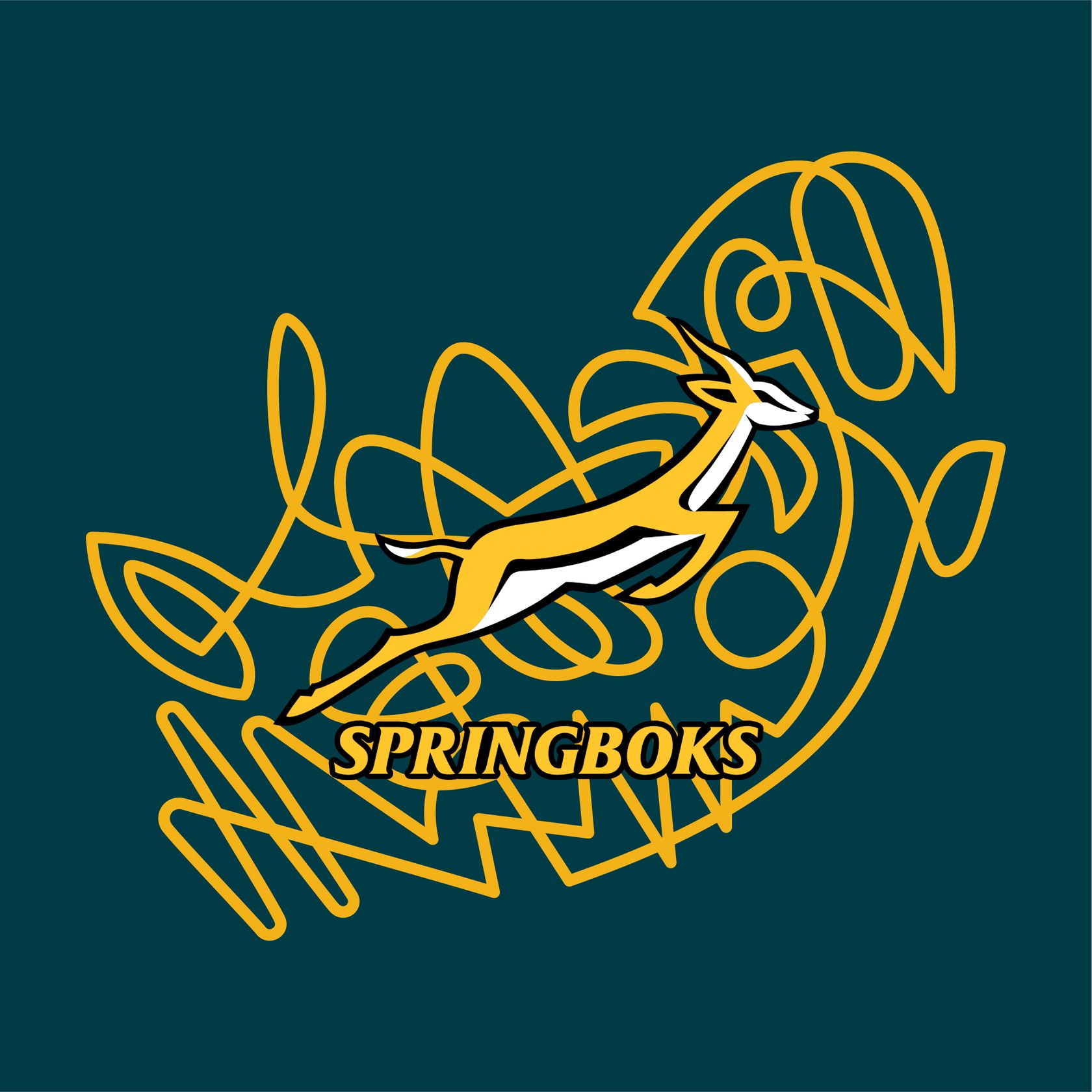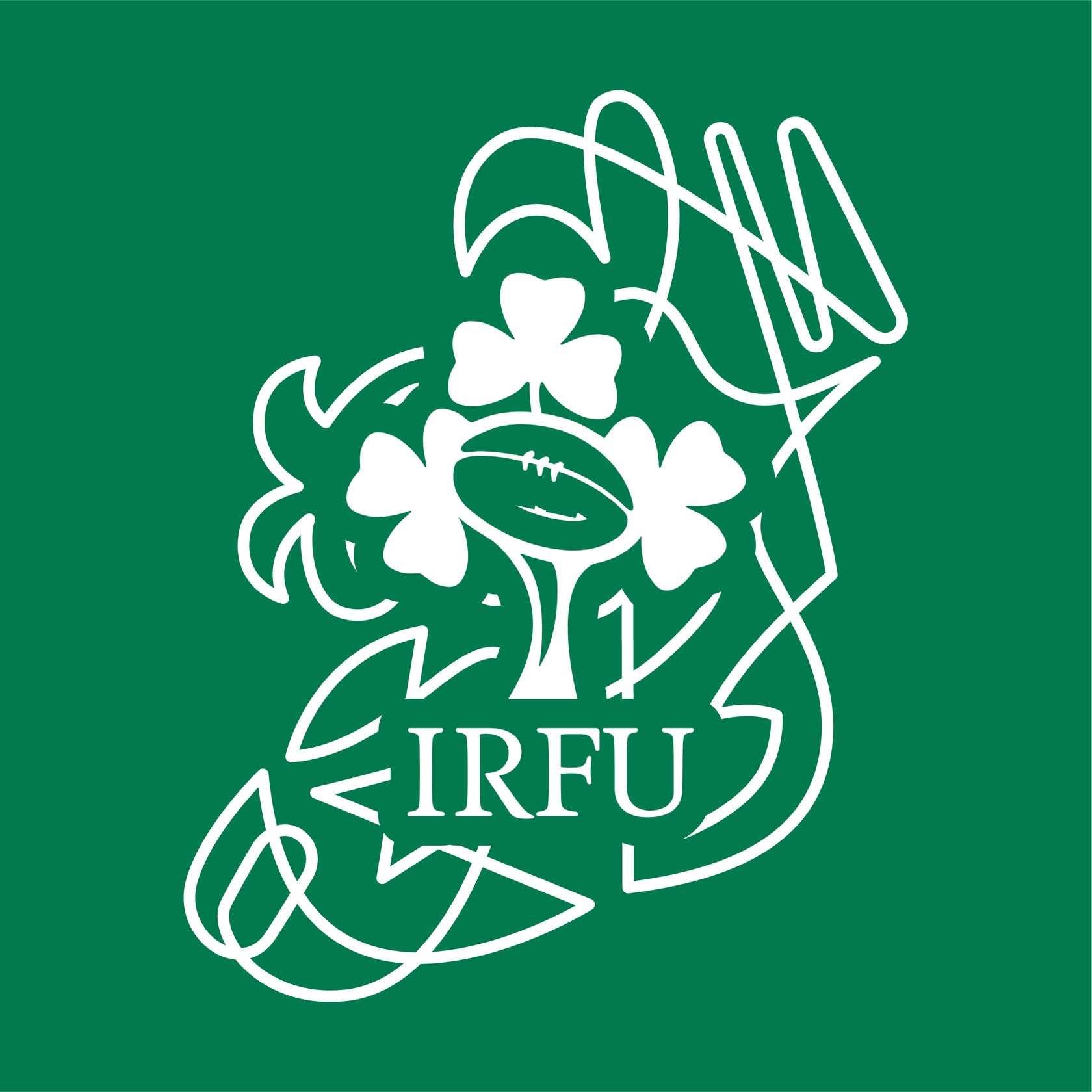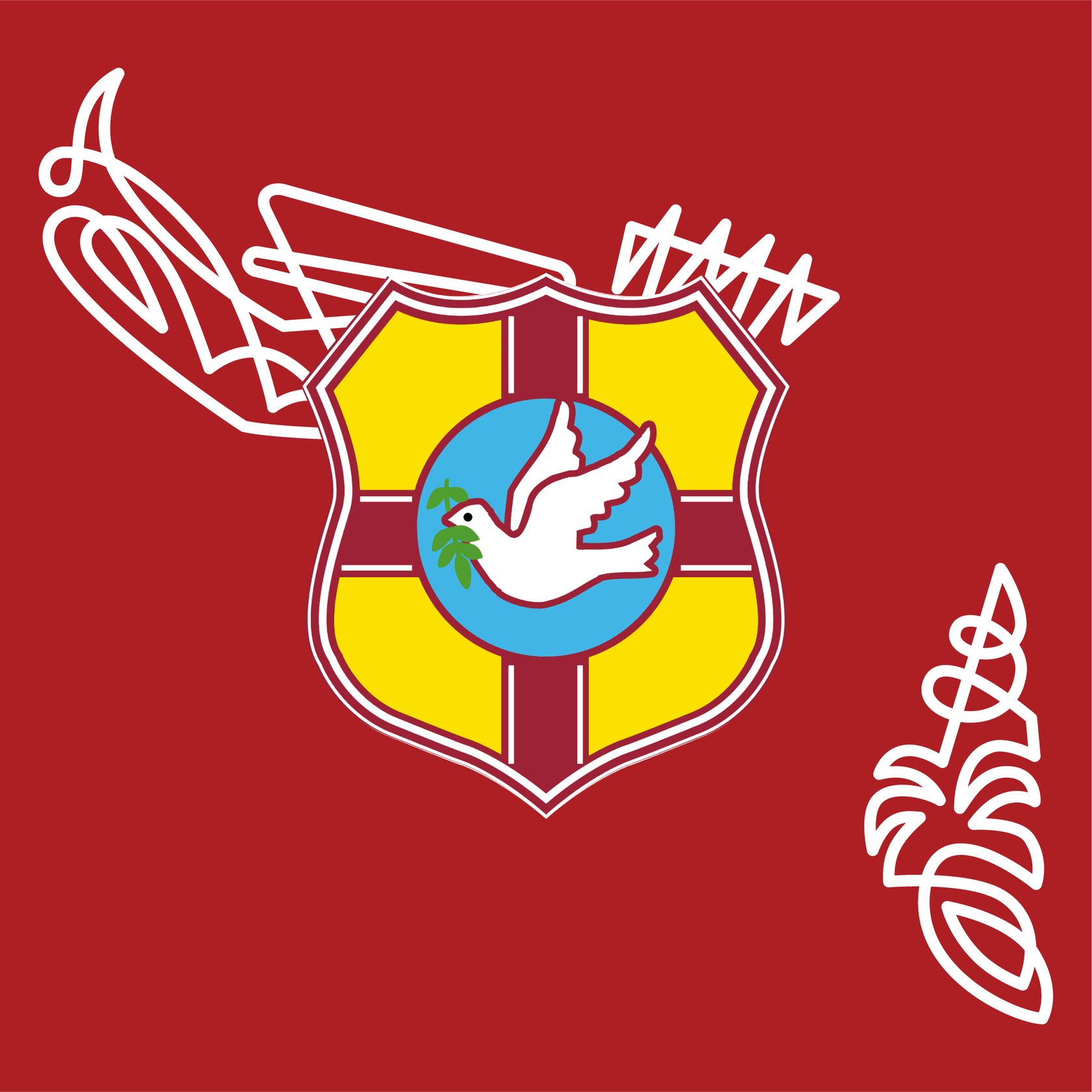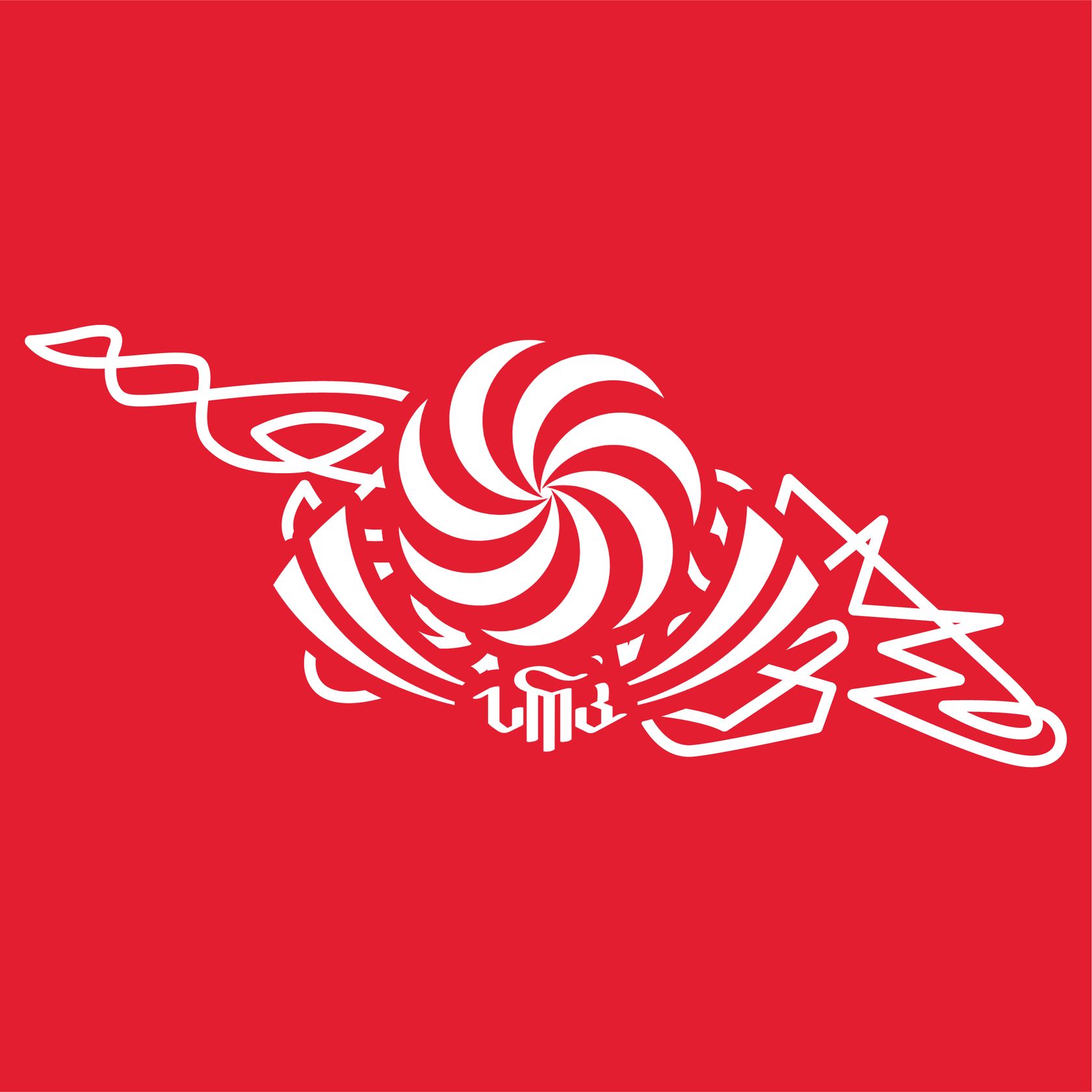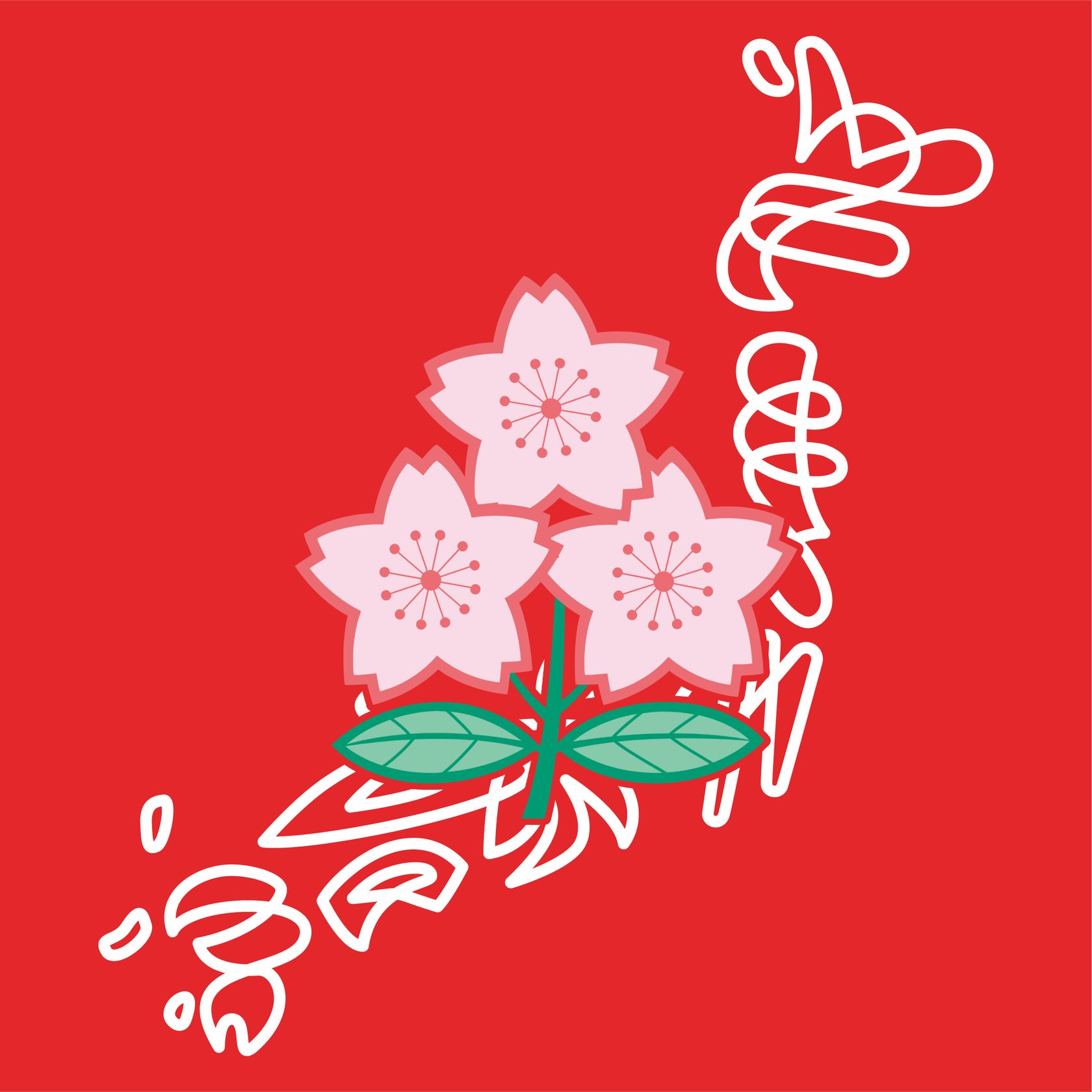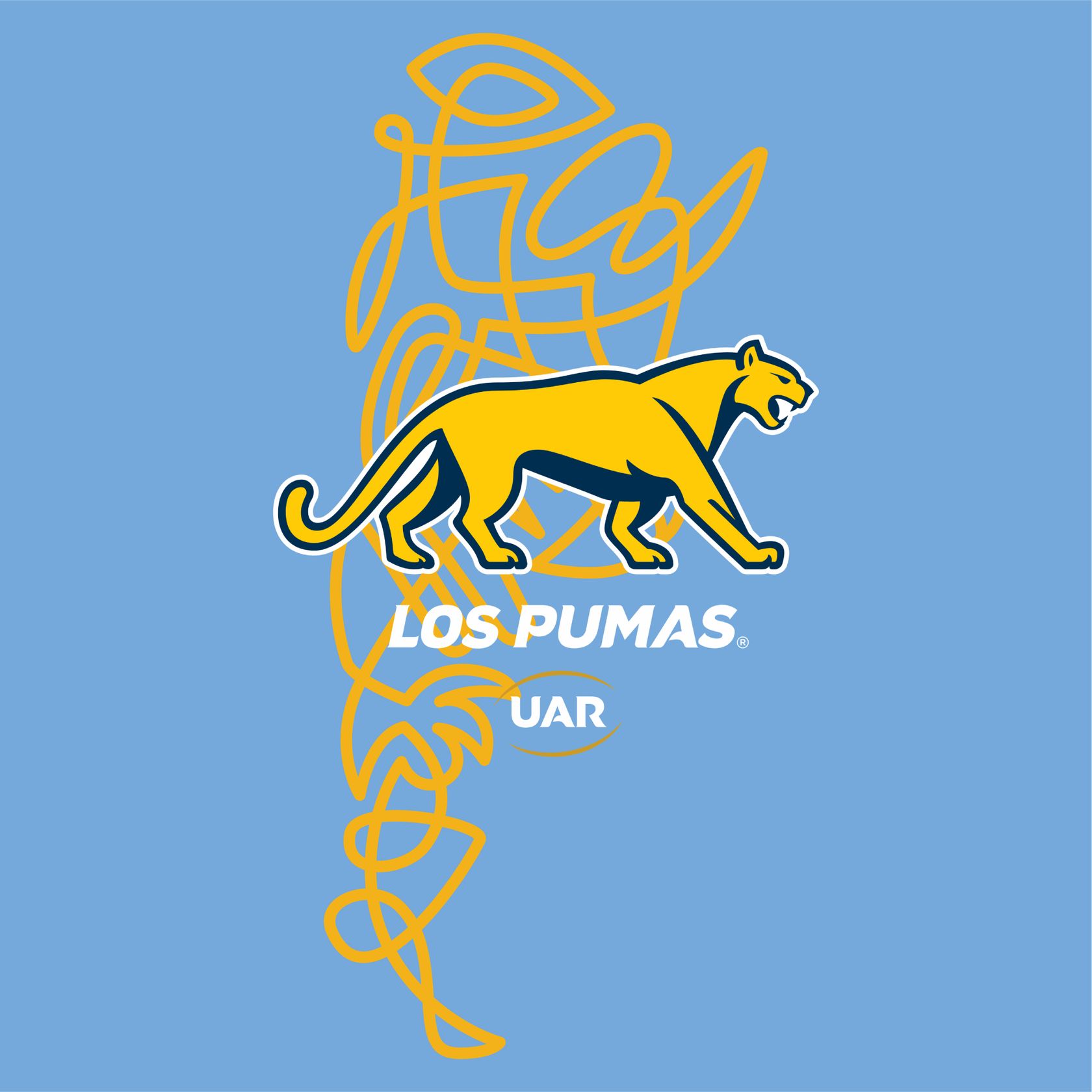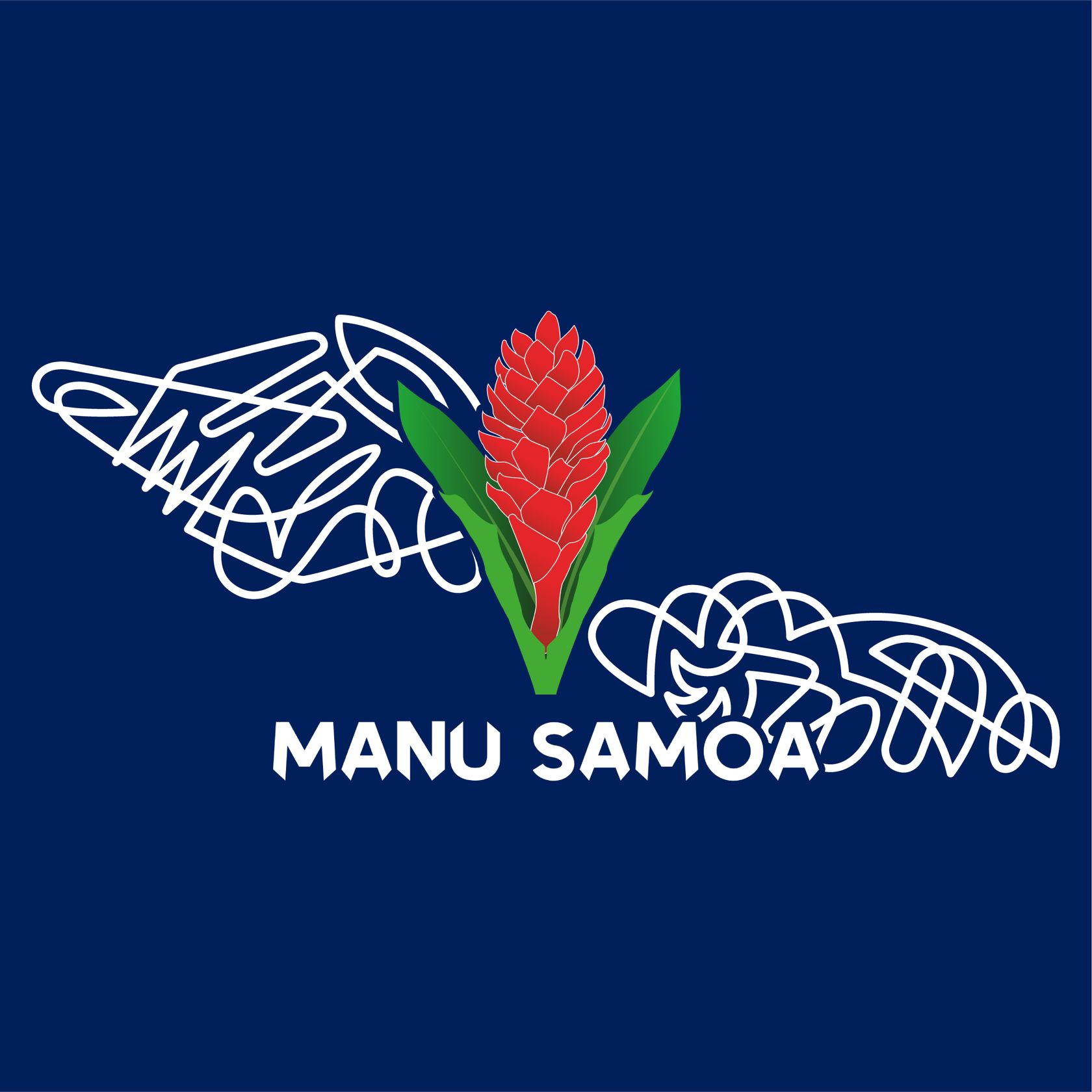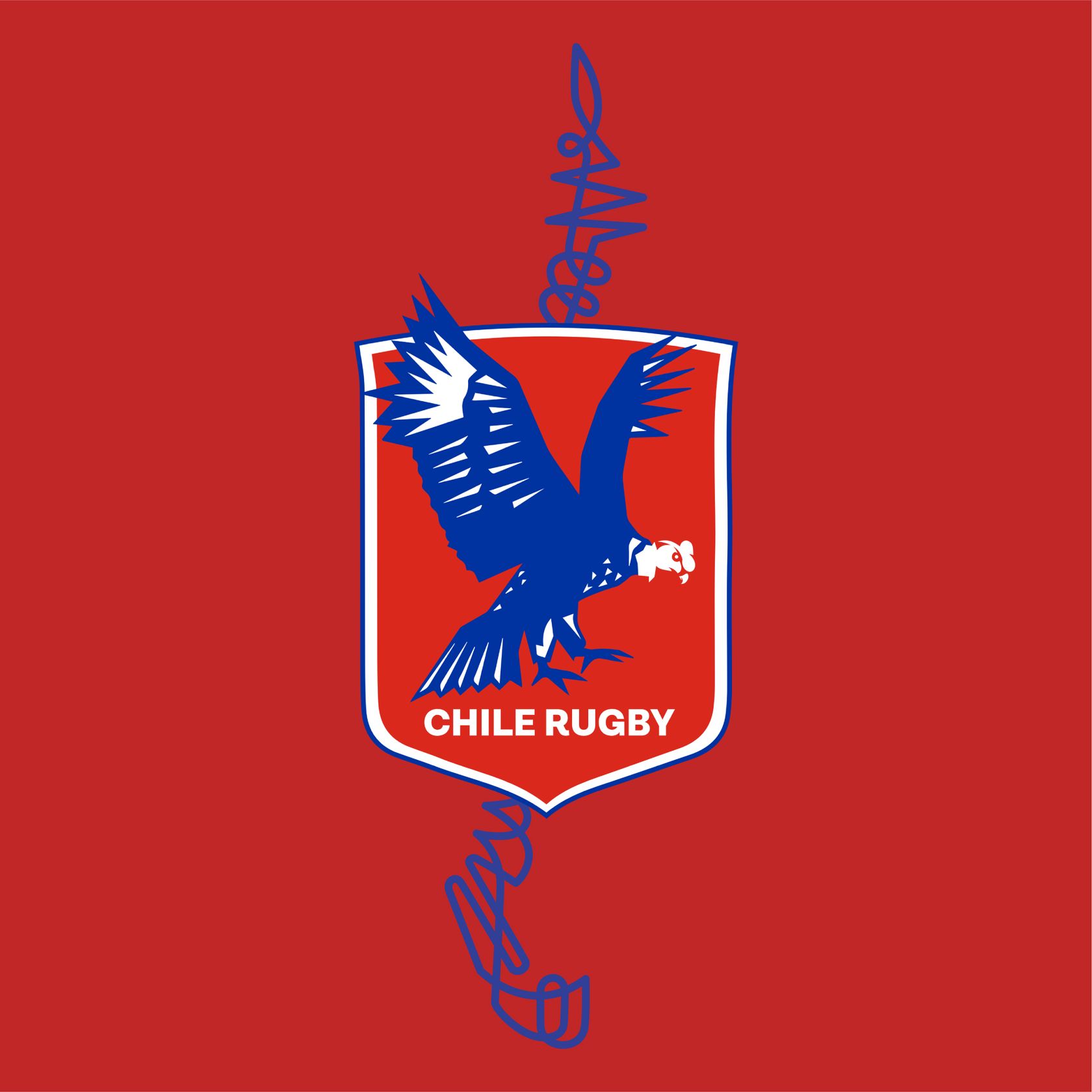Most Tries
- Quarter-Finals
- Semi-Finals
- Final
Quarter-Finals
Semi-Finals
Tournament Stats
Powered by
Most Conversions
Runs
Tournament Progress
48
/ 48
Matches Played
Final
Pool
Quarter-Finals
Semi-Finals
Final
Most Offloads
Most Clean Breaks
Most Tackles
Videos
RWC23 Match Highlights
![]()
RWC23 Match Highlights
The best moments, highlights, standout action on the pitch, features and interviews from the 2023 Rugby World Cup in France .
Watch this playlist

Emirates Whistle Watch: RWC 2023 Special Episodes
![]()
Emirates Whistle Watch: RWC 2023 Special Episodes
Watch this playlist

RWC 2023 Match Predictor Presented by Société Générale
![]()
RWC 2023 Match Predictor Presented by Société Générale
Watch this playlist

The Official RWC 2023 Podcast Presented by Asahi Super Dry
![]()
The Official RWC 2023 Podcast Presented by Asahi Super Dry
The Official RWC 2023 Podcast Presented by Asahi Super Dry will feature an incredible array of talent from across the rugby world and beyond, joining host Gethin Jones to discuss the greatest tournament in rugby as 20 teams battle it out for glory.
Watch this playlist
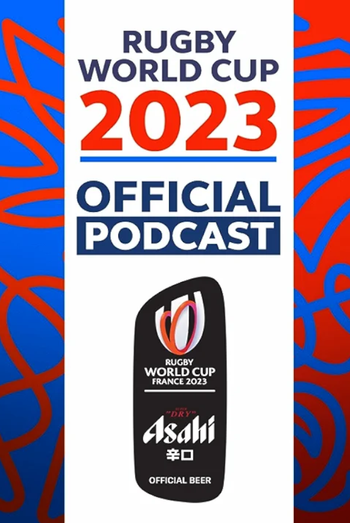
Breaking 8
![]()
Breaking 8
In the history of the Rugby World Cup, no man has ever scored eight tries in a single tournament. Ahead of the 2023 edition, we sit down with six try-scoring legends.
Watch this playlist


RWC 2023
France the true winner of impactful Rugby World Cup 2023
Rugby World Cup France 2023 delivered a significant social and economic impact for the host country while efforts to limit its environmental footprint were remarkable according to the official impact report produced by experts from EY on behalf of the French Ministry of Sport.
Thu
23
May,
2024
·
9 min read

Whistleblowers launches on RugbyPass TV
Whistleblowers, the ground-breaking account of life as an international rugby match official at Rugby World Cup 2023, has launched on RugbyPass TV, and fans can watch it for free.
Thu
1
February,
2024
·
2 min read
Media release
Confirmation of ground-breaking charges for online abuse at RWC 2023 as World Rugby releases trailer for Whistleblowers documentary
Pending law enforcement cases are among the key actions and outcomes from the ground-breaking online protection service put in place to support match officials and players across men’s Rugby World Cup 2023, also delivering unique insights for World Rugby to convert into meaningful action.
Wed
31
January,
2024
·
4 min read
-
Team announcement
Thu 25 September, 2025Canada name team to play England
-
Team announcement
Thu 25 September, 2025France name team to play New Zealand
-
Team announcement
Thu 25 September, 2025New Zealand name team to play France
-
Team announcement
Thu 25 September, 2025England name team to play Canada
-
Team announcement
Fri 19 September, 2025France make change for match against England
-
Team announcement
Wed 17 September, 2025England name team to play France
-
Team announcement
Wed 17 September, 2025Canada name team to play New Zealand
-
Team announcement
Wed 17 September, 2025New Zealand name team to play Canada
-
Team news
Mon 15 September, 2025Black Ferns fly in Mererangi Paul to replace injured Du Plessis
-
RWC 2025
Fri 12 September, 2025Vahaakolo (NZL) on bench against South Africa as Du Plessis ruled out of RWC 2025

